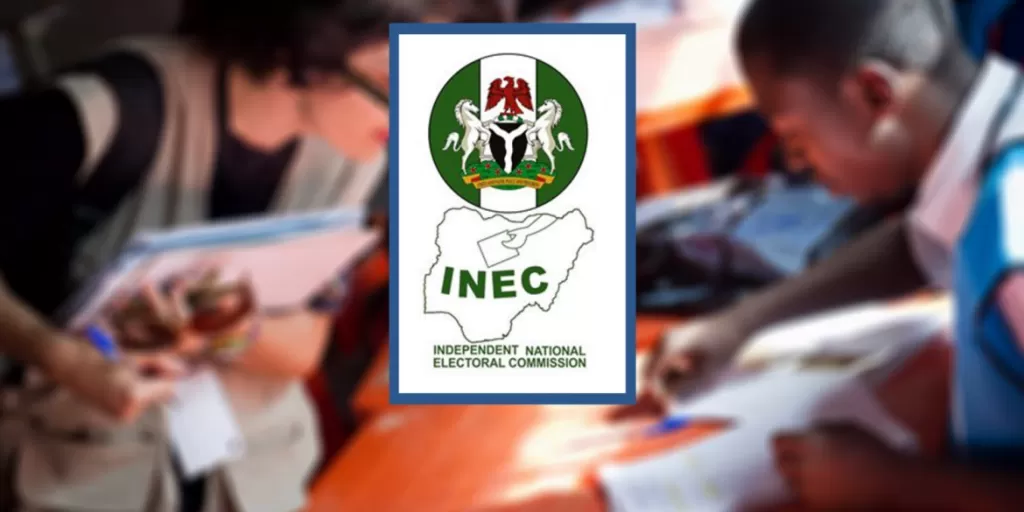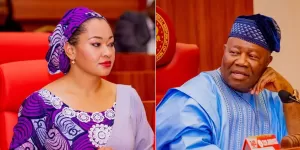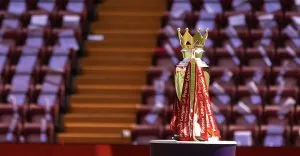Nigeria Prepares for State By-Elections on August 16, 2025: A Comprehensive Overview

On August 16, 2025, Nigeria will hold a series of by-elections across 12 states to fill vacant seats in the Senate, House of Representatives, and State Houses of Assembly, alongside two court-ordered re-run elections. Organized by the Independent National Electoral Commission (INEC), these elections will involve 16 constituencies and approximately 3.55 million registered voters. This article provides a detailed look at the states, constituencies, logistical arrangements, and political significance of these by-elections, reflecting Nigeria’s ongoing democratic processes.
Background and Purpose
The by-elections are necessitated by vacancies in legislative seats due to deaths, resignations, or other circumstances since the inauguration of the National and State Assemblies in June 2023. Additionally, court-ordered re-run elections in Enugu South I (Enugu State) and Ghari/Tsanyawa (Kano State) will address disruptions caused by thuggery and violence in previous polls. These elections are a critical opportunity for political parties to consolidate power and for voters to exercise their democratic rights in affected constituencies.
States and Constituencies Involved
The by-elections will take place across the following 12 states, covering a mix of senatorial districts, federal constituencies, and state constituencies:
- Adamawa: Ganye State Constituency
- Anambra: Anambra South Senatorial District, Onitsha North I State Constituency
- Edo: Edo Central Senatorial District, Ovia South West/Ovia South East Federal Constituency
- Jigawa: Babura/Garki Federal Constituency
- Kaduna: Chikun/Kajuru Federal Constituency, Zaria Kewaye State Constituency, Basawa State Constituency
- Kano: Bagwai/Shanono State Constituency
- Kogi: Dekina/Okura State Constituency
- Niger: Mariga State Constituency
- Ogun: Ikenne/Shagamu/Remo North Federal Constituency
- Oyo: Ibadan North Federal Constituency
- Taraba: Karim Lamido I State Constituency
- Zamfara: Kauran Namoda South State Constituency
In addition, two re-run elections will occur in:
- Enugu: Enugu South I State Constituency
- Kano: Ghari/Tsanyawa State Constituency
Notably, by-elections will not proceed in Khana II (Rivers State) due to a state of emergency or in Talata Mafara South (Zamfara State) due to a pending legal challenge, as announced by INEC.
Electoral Logistics
The by-elections will engage approximately 3,553,659 registered voters across 32 local government areas, 356 wards, and 6,987 polling units. INEC will deploy 30,451 officials to manage the process, utilizing the Bimodal Voter Accreditation System (BVAS) for voter verification. Only voters with valid Permanent Voter Cards (PVCs) can cast ballots at their registered polling units. The election timeline is as follows:
- Party Primaries: July 17–21, 2025
- Submission of Nomination Forms: July 22–26, 2025
- Campaign Period: August 2–14, 2025 (ending 24 hours before election day)
- Election Day: August 16, 2025, commencing at 8:30 a.m.
INEC has emphasized the importance of adhering to electoral guidelines, ensuring fairness, and preventing disruptions. The commission is collaborating with the Inter-Party Advisory Council (IPAC) and the Advertising Regulatory Council of Nigeria (ARCON) to enforce compliance with the Electoral Act 2022, particularly regarding equal access to public facilities for all political parties.
Political Context and Public Sentiment
The by-elections are a significant test for Nigeria’s major political parties, including the All Progressives Congress (APC), Peoples Democratic Party (PDP), Labour Party (LP), and others. Social media activity on platforms like X highlights public and political engagement. For instance, posts have spotlighted candidates such as PDP’s Barr. Mohammed Buba Joda in Ganye (Adamawa State), indicating local support and campaign momentum. Meanwhile, the Labour Party has raised concerns about potential exclusion from ballots, threatening legal action to ensure fair participation.
The elections also occur amid broader discussions about electoral integrity. INEC has addressed complaints about incumbents denying opposition parties access to state-owned media or public venues, reinforcing its commitment to a level playing field. The APC, under National Chairman Prof. Nentawe Yilwatda, is reportedly mobilizing to strengthen its position in these constituencies, while opposition parties aim to capitalize on any voter dissatisfaction.
Challenges and Exclusions
The exclusion of Khana II and Talata Mafara South from the by-election schedule underscores ongoing challenges in Nigeria’s electoral landscape. A state of emergency in Rivers State and a legal dispute in Zamfara highlight the complexities of conducting elections in politically volatile or legally contested environments. INEC’s decision to prioritize stability and legal clarity reflects its cautious approach to maintaining electoral credibility.
Broader Implications
The August 16, 2025, by-elections are more than a routine democratic exercise; they are a barometer of Nigeria’s political climate. With millions of voters participating across diverse regions, the outcomes will influence local and national power dynamics. The elections also test INEC’s ability to manage large-scale polls efficiently, leveraging technology like BVAS while addressing logistical and security challenges.
For voters, the by-elections offer a chance to shape representation in their constituencies. For political parties, they are an opportunity to demonstrate organizational strength and voter appeal ahead of future general elections. The results, expected shortly after August 16, will likely spark debates about Nigeria’s democratic progress and the effectiveness of its electoral institutions.
Conclusion
As Nigeria gears up for the August 16, 2025, by-elections, the nation’s democratic machinery is in full swing. Across 12 states and 16 constituencies, voters will decide the occupants of key legislative seats, while INEC works to ensure a transparent and fair process. With political parties intensifying campaigns and public interest growing, these by-elections are a pivotal moment in Nigeria’s ongoing democratic journey. Stakeholders, from voters to party leaders, will be watching closely as the results shape the political landscape in the months ahead.






